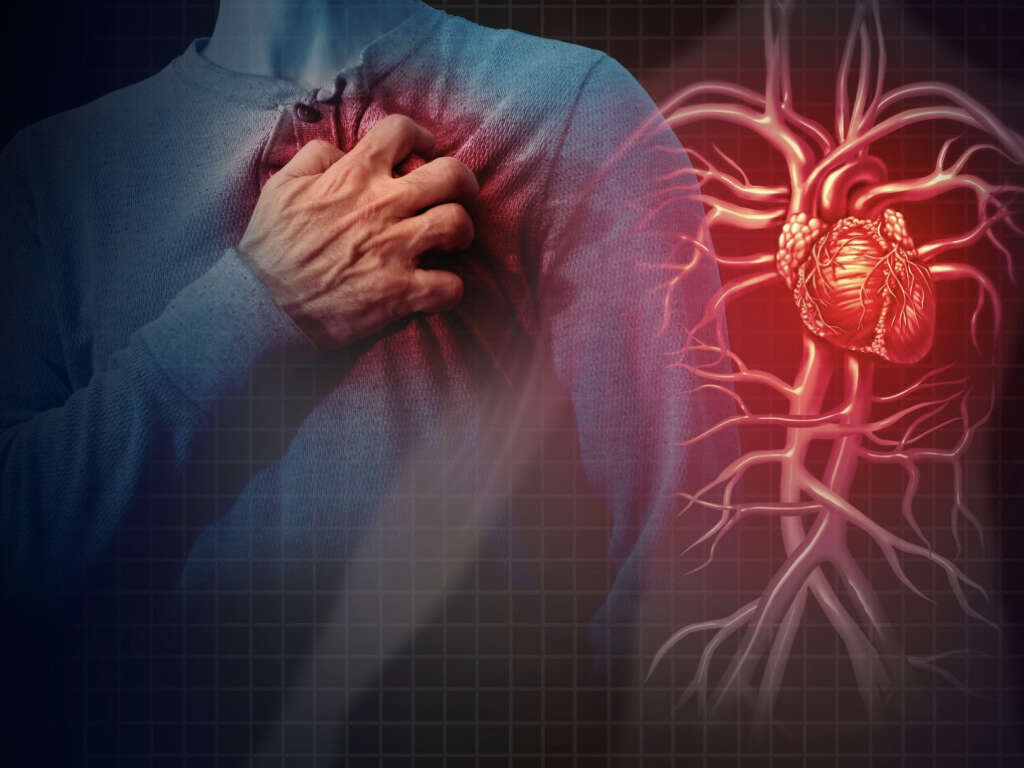What Is an Electrocardiogram?
Advertisement
A standard electrocardiogram (ECG) has 12 leads and is one of the most commonly used investigation or test to assess cardiovascular disease. It is used to determine the cardiac rhythm that helps in the detection of a heart attack, ischemia, conduction abnormalities, and various other cardiovascular conditions. The ECG is a graph of voltage versus time, which shows the electrical activity of the heart.
The 12 leads placed on the skin are electrodes that detect small electrical changes that occur in the heart from depolarization and repolarization during each heartbeat. The leads are placed on the limbs and chest surface to measure the magnitude and direction of the electrical activity in the heart. To a trained clinician, the ECG conveys much-needed information regarding the function and structure of the heart.
Advertisement
1. History
The concept first began through the work of Galvani who noted the contraction of frog legs when there was electrical stimulation. Although inaccurate in attributing it to “animal electricity,” this finding led to further research regarding electricity and biological systems. Matteucci, Muller, and Kolliker demonstrated electrical activity in a beating heart while Gabriel Lippman developed the capillary electrometer, which measured minute currents. Augustus Waller then performed the first ECG on a human heart using the Lippman electrometer at St Mary’s Hospital, London, in 1887. It was then improved by Willem Einthoven who introduced the string galvanometer, resulting in apparent P, Q, R, S, and T waves. He also demonstrated “Einthoven’s Triangle,” Sir Thomas Lewis was able to use ECG to reveal the mechanisms of various conduction abnormalities. Wilson and Goldberger introduced additional leads (aVR, aVL, aVF, and 6 precordial leads).
Advertisement

Advertisement








